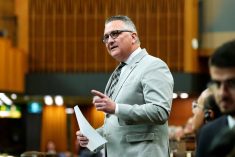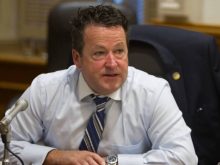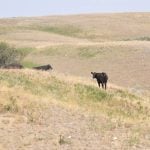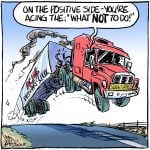Gerry Ritz, the federal minister for agriculture and agri-food for nine years in Stephen Harper’s Conservative government, is done with federal politics.
The MP for the western Saskatchewan riding of Battlefords-Lloydminster since 1997, Ritz announced via Twitter Thursday morning that he “will not be returning to my seat in the House of Commons this fall.” The Commons resumes sitting Sept. 18.
Ritz, who turned 66 earlier this month, didn’t give a specific reason for his departure in his brief statement. In an interview with the Manitoba Co-operator’s Allan Dawson after the 2015 election, Ritz said his wife didn’t want him to run again, but he had unfinished business on the ag file.
Read Also
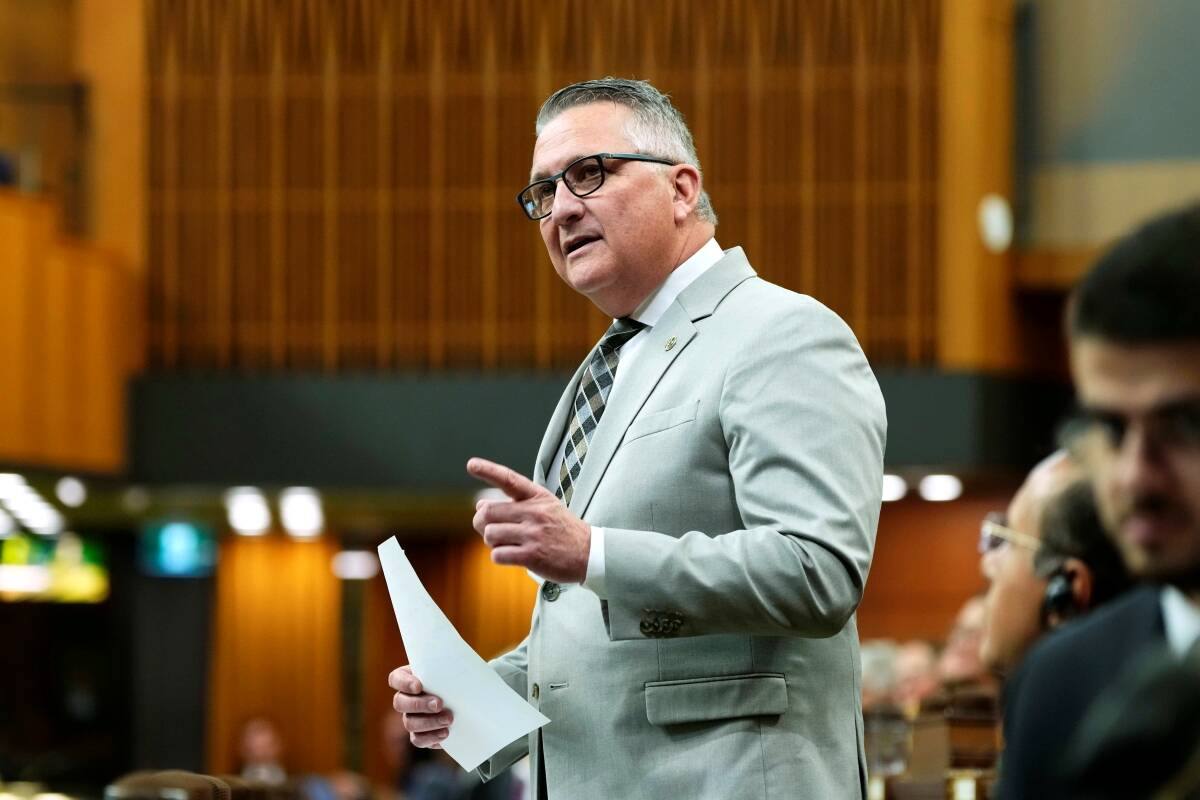
Canadian agriculture minister MacDonald headed to Mexico
Canadian Minister of Agriculture and Agri-Food, Heath MacDonald, will lead a ministerial mission to Mexico next week, Oct. 14-17.
In Thursday’s statement, he thanked his constituents, colleagues in both the House and Senate, the civil service and staff with whom he worked as an MP and as agriculture minister.
“They have all proved themselves to be exceptional people, with the best interest of our great country Canada at heart,” he wrote.
Fellow Saskatchewan Tory MP Randy Hoback thanked Ritz via Twitter on Thursday, replying that Ritz “made being a farmer profitable and cool.” B.C. Tory MP Dan Albas tweeted that the party will miss Ritz’s “stand-up get-it-done style” in caucus.
Ritz, who lives at Brightsand Lake, about 125 km north of North Battleford, most recently served as the Conservatives’ critic for international trade under interim Tory leader Rona Ambrose. He was not on the shadow cabinet roster announced Wednesday by the party’s new leader, fellow Saskatchewan MP Andrew Scheer.
A farmer, general contractor and newspaper publisher, Ritz’s career in federal politics dates back to before the 1993 federal election, when he served as campaign manager for Elwin Hermanson, the Reform Party MP for what was then Kindersley-Lloydminster.
After the 1993 election, Ritz served as constituency co-ordinator for Hermanson. As ag minister, Ritz appointed Hermanson in 2008 to a stint as chief commissioner for the Canadian Grain Commission.
After Hermanson departed for provincial politics, Ritz ran for federal office himself, replacing Hermanson as the Reform Party MP in the 1997 election. He ran successfully under the Canadian Alliance banner in 2000 and has been the Conservative MP since 2004.
Before Harper’s Tories won government in 2006, Ritz served as the associate finance critic (1997-2000), then as associate ag critic (2000-02), deputy whip, (2001-02), public works critic (2002-03) and lead ag critic (2003-04).
After Ritz replaced Chuck Strahl as the Tories’ minister for agriculture and the Canadian Wheat Board in 2007, he oversaw a long-time Tory policy goal through to completion, leading the deregulation of the CWB’s single marketing desk for Prairie wheat and barley and the privatization of the CWB into what’s now G3 Canada.
Elsewhere on the long list of Ritz’s impacts on Canada’s ag sector, he was one of the point men in the federal response against the U.S. government’s mandatory country-of-origin labelling (COOL) law, leading to the law’s eventual repeal on beef and pork in late 2015 following years of challenges and appeals at the World Trade Organization.
Ritz, as ag minister, also helped spearhead the federal response to a massive rail freight backlog on Prairie grain, legislating mandatory minimum grain handles and expanded interswitching on Canada’s Big Two railways in 2014.
He also oversaw the government’s construction of the Growing Forward ag policy funding framework (2008-13) and its successor, GF2 (2013-18). GF and GF2, jointly funded by the federal, provincial and territorial governments, both evolved from the previous Liberal government’s repackaging of agriculture supports and risk management programming into the Agriculture Policy Framework (APF) in 2003. –– AGCanada.com Network



